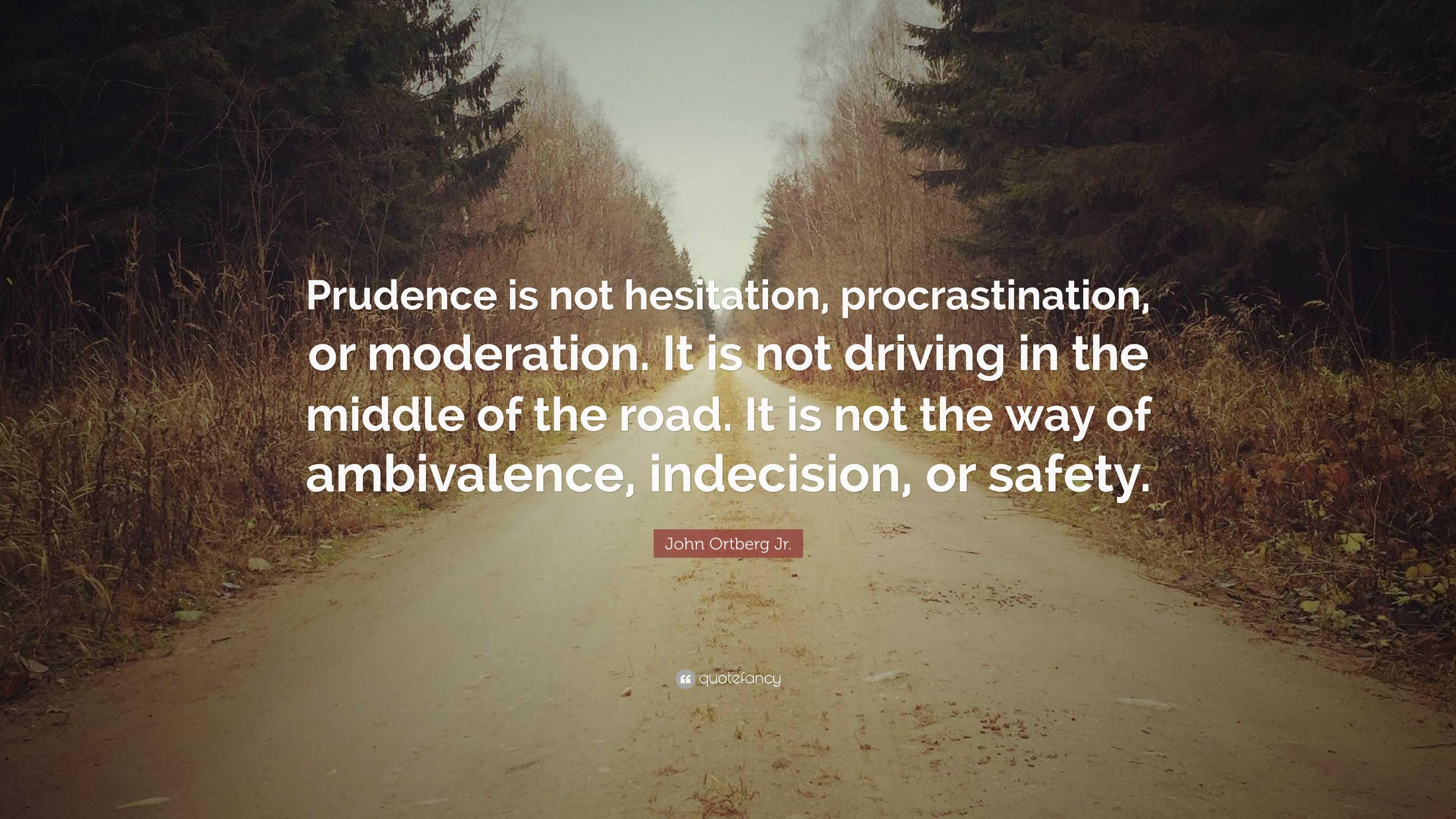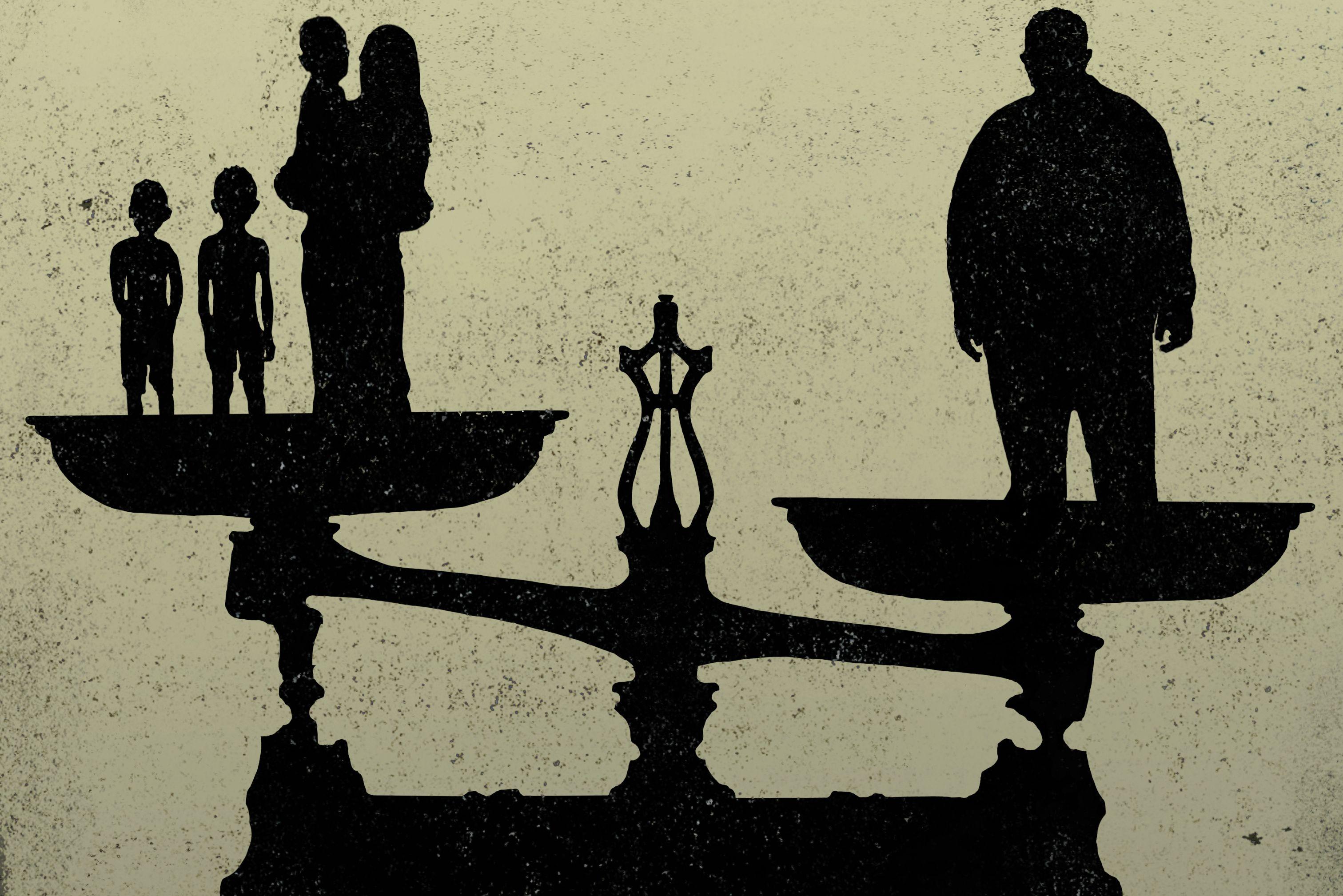How to Be Cautious Without Isolation: Lessons from the Quran and Hadith
Category: Other.
Date: 2 months ago
Views: 268
You Can Read this Article in Original Arabic يمكنك قراءة هذا المقال بالعربية
Praise be to the Prudent for their Astuteness
Avoiding evils and being cautious of them is among the finest qualities, and it is something all creatures are naturally inclined to do. This is an undeniable fact. However, the evils that many people may not pay attention to are those of the future, because they do not know the unseen that the days and nights hold. This is also natural. But Allah Almighty has placed signs in this universe that guide to the path of goodness and the path leading to other than it. He then called us to pursue goodness and avoid evil. He commanded caution, saying:
"O you who have believed, take your precaution"
And also said:
"O you who have believed, protect yourselves and your families from a Fire whose fuel is people and stones"
Hudhayfah ibn al-Yaman, may Allah be pleased with him, said: "People used to ask the Messenger of Allah about good, and I used to ask him about evil for fear that it might overtake me."
Caution should not be understood as fleeing from reality, as this is the worst state a person can fall into. The Prophet, peace be upon him, said:
"The believer who mixes with people and endures their harm is better than the believer who does not mix with people and does not endure their harm."
Anatole France said: "It is not the pure hearts that avoid the rain, but those that carry umbrellas." This is the intended meaning of caution, not withdrawal and isolation, or shunning and seclusion, as these are merely psychological complexes. True caution is to participate while being alert and vigilant. Sulayman ibn Wahb said: "Associate with people as you would with fire; take its benefit and beware of being burned." Abd al-Qadir al-Maghribi said: "He who stays away from water does not get wet."
Avoidance and caution signify a person's intelligence, acumen, alertness, and awareness. If it were not so, people would think all are pure angels, not knowing that among them are wolves in sheep's clothing. The poet encourages caution and avoidance, saying:
"If you avoid a matter from where it should be avoided
And see what you do, then you are wise."
One should not exceed the limit in caution, as that would be reprehensible fear, not stemming from wisdom. The best course is moderation, without underestimating or exaggerating. Aristotle said: "Excessive caution is the first resource of fear." Florian said: "Caution is good in itself, but overdoing it is a mirage." Moreover, caution should not lead one to abandon reliance on and trust in Allah in doing and abstaining from actions. Praise be to al-Sharif al-Radi who said:
"If you fear a matter, then hurry
Return to a Lord who protects you from fears."
When appropriate to one’s circumstances, caution has numerous benefits, such as avoiding falling into the traps of deceivers. Mazzini said: "When we are cautious, we may err, but we do not get deceived."
The ultimate caution a person should have is not to fall prey to the cunning and deceitful. The way to escape them is through vigilance and caution. As the saying goes: "An ounce of prevention is worth a pound of cure." Luqman the Wise said: "The most prudent of those who are prudent is the one who knows the matter before it happens and takes precautions."
One should not remain neutral in the face of clear evil and evident harm, as this is a trait of the hypocrites. If they imagine that they are safe from the clutches of evil and its stings, they are indeed deluded in their thinking.
To be continued.
Abd al-Razzaq al-Sadiqi





















0 Comments, latest
No comments.